|
I talked about Nghi Vo's fantasy series The Singing Hills Cycle a few months ago. The books follow a cleric named Chih, whose religious order focuses more on history than faith. In this third entry, Into the Riverlands, Chih is once again traveling the land, looking for stories to collect. If you haven't read the first two, that's fine. Each novella stands independently.
Vo's prose style is quite good, and her storytelling is masterful. You don't know the details of the plot, going in, but you recognize right away that you're in for a good story. It's a blend of adventure and magic with a setting that recalls the hinterlands of Imperial China, only gayer. Vo's characters express a variety of genders and sexual orientations. And while there are lots of sections with fast action and tense battles with bad guys, the book has a contemplative feel. By which I mean I cried several times.
0 Comments
I had planned to do horror books throughout the month. I started a new-to-me writer, Gemma Files, but there was heavy gun violence in the opening chapters, and this was not the week to read that.
Instead, I'll mention T. J. Klune. I've only read two of his books so far, but each one has been the emotional equivalent of hot cocoa and fat lazy cats. The only reason I'm not immediately reaching for another is that I'm trying to pace myself, one per year. The House in the Cerulean Sea is a fantasy novel and queer romance about finding family when you feel unwanted. Under the Whispering Door is a fantasy novel and queer romance with a redemption arc. You know that warm feeling you get inside when Scrooge looks out the window on Christmas morning, wondering what day it is? Same emotional payoff here. For books that will inform you or give you ideas for addressing a social problem...how about Isabel Wilkerson's Caste? I've read extensively about race and racism, and hers is one of the best. It's a long book and a longer audiobook, but it flew by, which is not something I often say about meticulously researched social histories. The Empress of Salt and Fortune is a hell of a good book, the first of a series of four historical fantasy novellas by Nghi Vo. You know from the start it's going to be good because the main character is an archivist. As a cleric, Chih is responsible for recording oral history. Their interviewee is an older woman, Rabbit, who recalls attending the empress in her youth.
Some people are good writers and some people are good storytellers and the overlap of those two groups is not as big as you might expect. Vo does both things right. The style of the prose is pitch-perfect. The rhythms and inflections make you feel like you're sitting by the fire. The plot is palace intrigue and adventure and scheming. It's hard not to compare Vo to Becky Chambers, who also writes a speculative fiction series of character-driven novellas with a nonbinary protagonist, starting with A Psalm for the Wild-Built. I was also reminded of Leigh Bardugo's fable-inflected prose. Or you could compare it to Friend Green Tomatoes. A member of the younger generation interviews an older woman who recalls her friendship with another woman. They struggle to survive in a world run by abusive men, and you can never fully decide whether they were friends or lovers. (That's the movie. It's been decades, but if I recall correctly, their relationship in the movie was ambiguous and their relationship in the book was Yep We're Lesbians Now). This hit all the right notes. I need to finish listening to Cindy Kay narrate the rest of the series (I'm in book 2 currently) so I may have to skip next week's book talk. Actually yeah, that's a good idea regardless. I'm traveling to North Carolina for a few days next week, so it's a convenient time for a break. Everyone enjoy the first day of decorative gourd season! Maybe, unlike me, you paid attention during the section on classical Greek literature in high school English. Perhaps you were not bored by Edith Hamilton's Mythology, a standard classroom text that takes exciting stories and neuters them with lifeless prose.
(I am working off memories from a quarter century ago, so if you would like to defend Hamilton from my slander, I am willing to listen.) Madeline Miller is the glorious opposite of that experience. She is astonishingly good: taut prose, rich atmosphere, tight plotting, and characters who feel like real people. The Song of Achilles is told from the perspective of Patroclus, who is banished after accidentally killing another child. He is exiled to the court of Peleus, whose son Achilles is preternaturally beautiful and athletic. This can happen when your mother is a goddess. Patroclus and Achilles become friends and eventually lovers. If you know The Illiad, you know how this story goes. They sail to Troy to make war after Helen runs away with (or is kidnapped by?) Paris. Prophecy says the Greeks can't win the war without Achilles... but prophecy also says Achilles is fated to die there. This is an exceptionally good book, centered around a grueling war and a queer love story that you want to succeed, even though you it will end in tragedy. And Frazer Douglas's narration of the audiobook is stellar. I was afraid to read Under the Whispering Door, because The House on the Cerulean Sea was perfect, and most people can't manage two perfect books, let alone one. I needn't have worried. T.J. Klune is batting a thousand.
Wallace Price is a nasty piece of work. Think pre-Christmas Scrooge, only he does law, not finance. After witnessing his complete paucity of empathy in the opening pages, it is satisfying to see him drop dead at the end of the first chapter. That's where the story really gets going. Wallace, now in ghost form, is collected by Mei, a reaper on her first solo reaping assignment. Mei whisks him off to a tea shop that acts as a waystation to the next life, where we meet Hugo, a mortal who helps dead people cross to the next world; Hugo's grandfather Nelson, a ghost; and a good dog named Apollo, also a ghost. You guys, I felt so many emotions in this book. There's a lot of sorrow and sadness, as you might expect in a book about death. I cried, often, and not just little misty tears. But I also I laughed, often, and not just little snickers. And I was charmed. There's a queer love story at the heart of the novel, along with a redemption story for Wallace. If you too are drawn to emotionally unavailable men, this is a book for you. As with House on the Cerulean Sea, I'm going to be recommending Under the Whispering Door to everyone. Kirt Groves is an exceptional narrator, so consider giving it a go as an audiobook. A version of this post originally appeared on March 4, 2023.
For Women's History Month, meet Charity Bryant and Sylvia Drake. Charity hailed from an erudite family--she was aunt to William Cullen Bryant, known for "Thanatopsis" and other poems--but Sylvia was no slouch herself, and they wrote reams of letters over the decades. From this correspondence, historian Rachel Hope Cleves reconstructs how two lesbians lived as a married couple in 19th century Vermont. I will confess I zoned out occasionally--many of the letters took the form of poems, and there is only so much early American poetry I can take--but I was glad to discover the Bryants' story. There is a lot of drama here. Before meeting Sylvia, Charity was popular with the ladies, and I can't forgive how she done Lydia wrong. There's also a lot about the social life, religion, and lifestyle of people in the decades following the Revolution. For one thing, people generally were more accepting of a same-sex marriage than I would have guessed. Of course there was some prejudice, and the two women themselves struggled to reconcile their lesbianism with their religion, but they were not pariahs. Far from it: they were esteemed members of the community. Remember this the next time someone claims that gay marriage is a recent invention. |
Book talks
When Covid first hit, I started doing book talks on social media as a way to keep in touch with people. I never got out of the habit. I don't discuss books by my clients, and if I don't like a book, I won't discuss it at all. While I will sometimes focus on craft or offer gentle critical perspectives, as a matter of professional courtesy, I don't trash writers. Unless they're dead. Then the gloves come off. Archives
February 2024
Tags
All
|

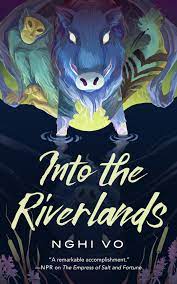
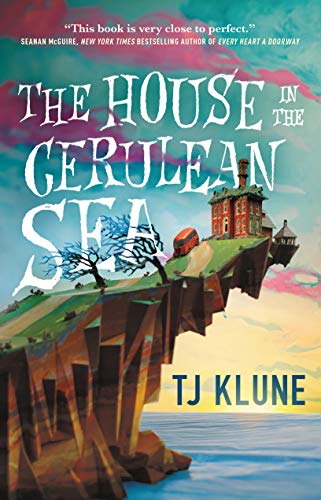
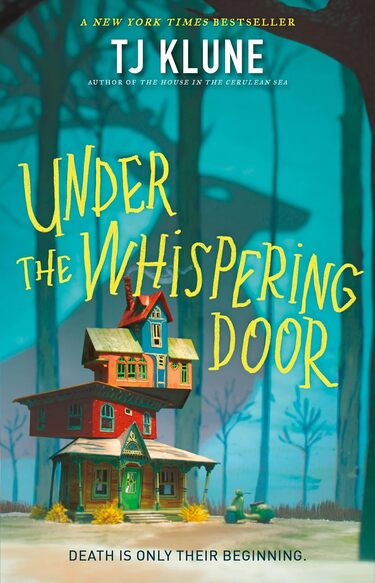
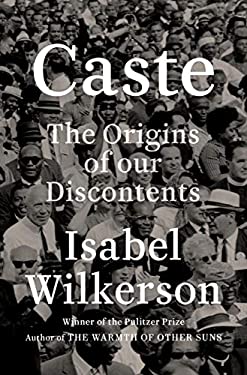
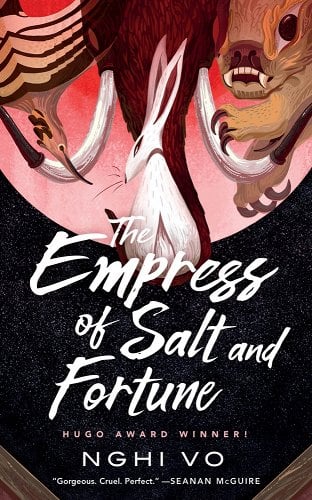
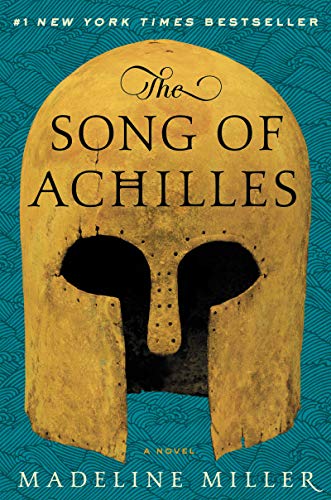
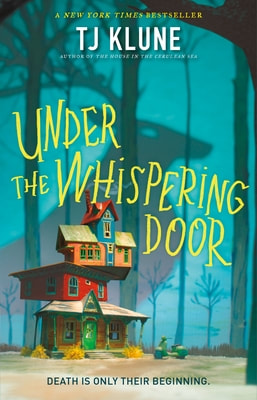
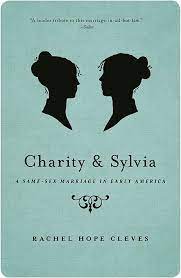
 RSS Feed
RSS Feed